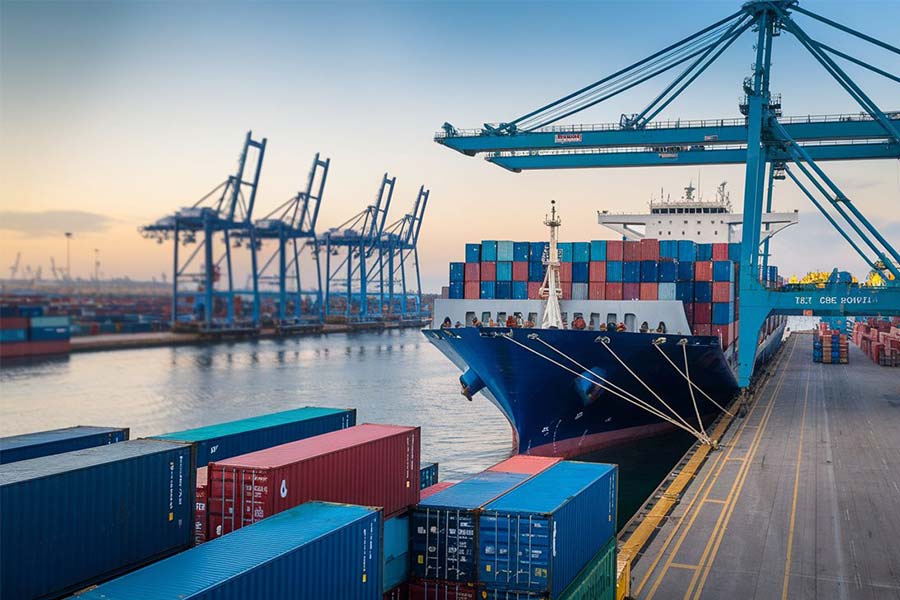- Shanghai Zhongshen International Trade Co., Ltd. - Two decades of trade agency expertise.
- Service Hotline: 139 1787 2118

Precise Control Over the Applicable Boundaries of Tax Exemption Policies
According to the latest import tax preferential policies of the Ministry of Finance, which will expire in 2025, enterprises importing equipment listed in the "Catalog of Major Technical Equipment and Products Supported by the State" are eligible for reductions or exemptions on tariffs and import value-added taxes. Special attention should be paid to three core requirements:
- Usage restrictions of the equipment: Must be used for specific purposes such as scientific research, teaching, medical treatment, etc., as stipulated in the catalog.
- Technical parameter verification: The original manufacturer's technical specifications and a comparison report of catalog parameters must be provided.
- Time-sensitive constraint: Import contracts signed after January 1, 2023, shall apply the new catalog.
Key Operation Process Breakdown of Agency Services
Professional agencies must establish a five-level risk control system to ensure compliance with tax-free account entries:
- Pre - review stage
- Equipment HS code triple verification mechanism
- It is recommended to verify through the following methods:Authenticity Verification
- Declaration phase
- Review of the Completeness of Materials for Tax Exemption Certificate Application
- Specifications for Creating a Chinese-English Comparison Table of Technical Parameters
- Write-off stage
- Equipment Usage Tracking Ledger System
- Customs Post-Clearance Supervision Contingency Plan
Strategies for Addressing High-Frequency Risk Points in Customs Audits
According to the 2024 audit data from the General Administration of Customs, 67% of duty-free equipment import violations stemmed from documentation management deficiencies. Enterprises are advised to focus on the following:
- Document Timeliness Management: The technical confirmation document must be completed and filed 60 days before the equipment arrives at the port.
- Parameter Mapping Techniques: Prepare a technical description using a comparison template approved by customs.
- Subsequent regulatory connection: Establish a system for equipment to use GPS positioning and take regular photos for record-keeping.
Judicial Practice Insights from Typical Controversial Cases
A case involving a biopharmaceutical company being required to pay back taxes for imported centrifuges in 2023 reveals:
- If the actual power of the equipment exceeds the registered parameters by 3%, it will be deemed non-compliant.
- Using laboratory equipment for production purposes triggers tax recovery penalties.
- Technical details regarding the non-acceptance of third-party inspection reports by customs.
Professional agencies can control technical parameter deviations within a 0.5% safety threshold by establishing a parameter tolerance early warning system.
Policy Response Recommendations for the 2025 Policy Window Period
Regarding the upcoming expiration of tax incentives, it is recommended that enterprises:
- Complete the medium- and long-term equipment procurement plan by the third quarter of 2024.
- Establish a monitoring system for early warning indicators of policy changes
- Improve the dedicated ledger management system for duty-free equipment.
Professional agency service providers should establish a policy tracking team to offer customized transition period solutions for enterprises, ensuring operational compliance during the transition between old and new policies.
Related Recommendations
? 2025. All Rights Reserved. Shanghai ICP No. 2023007705-2  PSB Record: Shanghai No.31011502009912
PSB Record: Shanghai No.31011502009912










